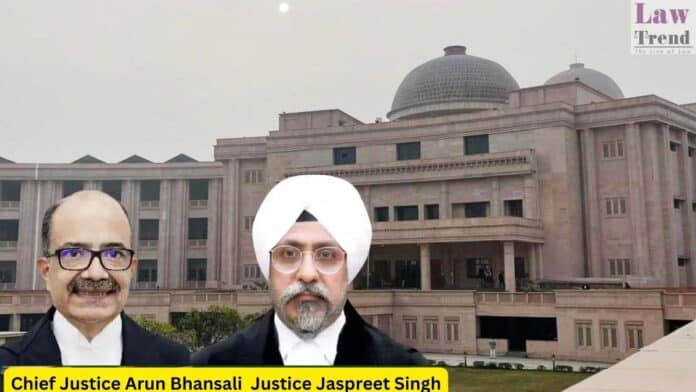In a significant ruling, a Larger Bench of the Allahabad High Court has held that an agreement to sell is an “instrument securing money or other property” and that any lawsuit seeking its cancellation must be valued for court fees on an ad valorem basis under Section 7(iv-A) of the Court Fees Act, 1870, as
To Read More Please Subscribe to VIP Membership for Unlimited Access to All the Articles, Download Available Copies of Judgments/Order, Acess to Central/State Bare Acts, Advertisement Free Content, Access to More than 4000 Legal Drafts( Readymade Editable Formats of Suits, Petitions, Writs, Legal Notices, Divorce Petitions, 138 Notices, Bail Applications etc.) in Hindi and English.




